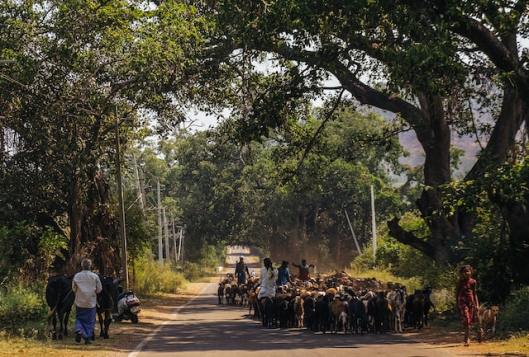In an email to Yuvaraj, Mr. M V Subbiah of the Murugappa Group wrote:
Thank you very much for sending me the RISC model.
I have read it with interest and entirely agree that India has very little chance of being a major player in world without integrating the rural economy. Having said that and having been trying in our own small way to integrate the rural areas which we are working with in our sugar factories, I am beginning to believe that we need to get some help from specialists who understand the social anthropology of our people. I do not know if any one else in your team feels the same way.
I could not agree more with Mr. Subbiah that the cultural context of our economy is extremely fundamental to our economic development and therefore having the insights of cultural anthropologists is important.
In a sense, economics and anthropology are intricately linked because humans are cultural creatures and our aspirations and our drives are shaped by the culture that surrounds us. Our thinking is bounded by the limits that culture places on us and any fundamental shift in our thinking has to accompany, if not be induced by, a cultural shift.
Fortunately, we are immensely pliable creatures and given sufficient reason to change, we change. India’s economic woes can be traced to at least some extent our culture of acceptance of the status quo and a fatalistic acceptance of what is instead of striving to improve our lot. We need to expound a new vision and spread it throughout the nation so that we start to acknowledge our potential and thereby take the first step to realize it.
Change in the way we think about the problems we confront is critical because the same sort of thinking that has created the problems cannot possibly get us to the solutions. It is the avowed goal of our team at Deeshaa to think very deeply about the source of our problems to understand what it was that created them. Then we proceed from that understanding to the next step, that of creating a solution that is not mired in the old mistaken ways of thinking. Finally, we propagate the solution to all corners of the country, the first step of which is to implement the solution as prototypes to demonstrate that the proposed solution is feasible.

